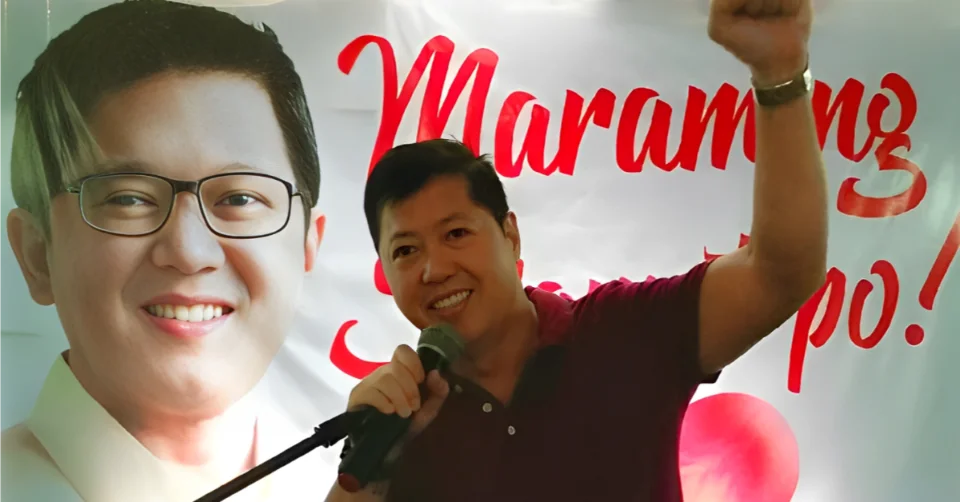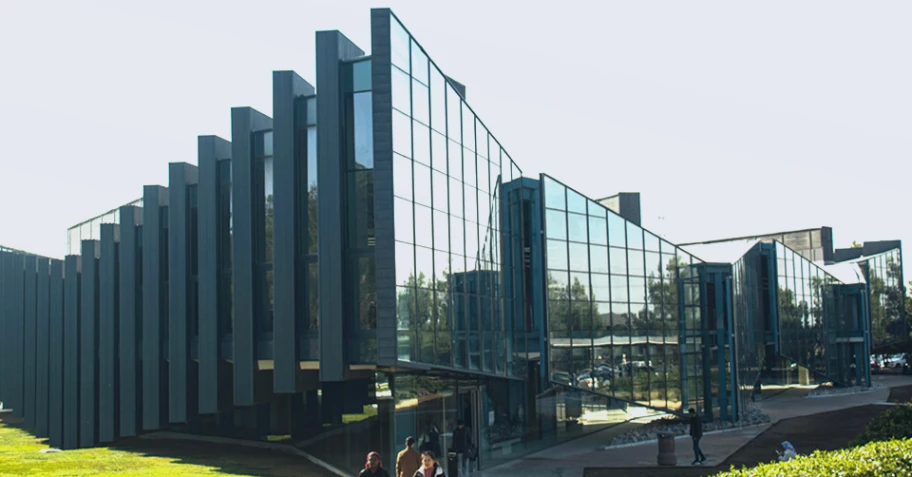Building Trust to Save Millions: Successful Negotiation Strategy for Skyway 3

In the fast-paced world of infrastructure development, time is money. Delays in acquiring right-of-way properties can cost companies millions of pesos daily due to halted construction, idle equipment, and contract penalties. At San Miguel Corporation, I was part of a team responsible for negotiating right-of-way acquisitions for a major project. Each negotiator had their set of properties to acquire, but we were all up against the same challenge: property owners who were either reluctant to sell or entirely unapproachable. These negotiations had high stakes, and delays were expensive.
The Challenge
The typical negotiation approach within our team was straightforward but often ineffective: meet property owners in person, press for meetings, and eventually persuade them to sell. However, property owners who didn’t want to sell their land often simply refused to engage, making it difficult for negotiators to even set a first meeting.
In this high-stress environment, time was ticking, and delays could cost millions. My teammates struggled with property owners who wouldn’t budge, sometimes going months without progress. The problem was more than a monetary one—building trust with these owners was essential to gaining their cooperation, yet the existing strategy didn’t prioritize rapport or communication.
What I Did Differently
Realizing that the standard approach wasn’t getting results, I decided to take a different path, focusing on one key element often overlooked in high-stakes negotiations: communication. I believed that establishing a genuine connection could be the foundation of a successful negotiation strategy.
Before approaching any property owner, I did my homework. I researched each owner, understanding their backgrounds, concerns, and motivations. Instead of simply showing up to demand a meeting, I built conversations around things we had in common, showing interest in their lives beyond the business at hand. Whether we discussed community issues, hobbies, or shared values, I used these discussions to build trust and create a connection. Only when I sensed they were comfortable did I bring up the right-of-way acquisitions.
During the negotiation itself, I was always careful to maintain a compassionate tone. I let them know that I understood their concerns about selling their land and that my goal wasn’t to pressure them but to ensure they got a fair deal. I assured them they wouldn’t be left feeling like they were getting the short end of the stick.
This more human-centered approach to negotiation was unusual within my team, but it quickly started to work. Owners who had previously refused meetings were now inviting me to their homes, even suggesting we meet over dinner to continue discussions.
The Result
The results were undeniable. I was able to acquire 100% of the properties assigned to me, including the most challenging ones. Even better, I managed to negotiate all of the deals below market value, resulting in significant cost savings for San Miguel Corporation.
My success didn’t go unnoticed by my team. Negotiators who struggled to get a foot in the door started trading their more difficult properties with me, knowing I could build rapport where they couldn’t. By the end of the project, I had not only achieved my targets but also strengthened the company’s relationships with the property owners—some of whom I still keep in touch with today.
Conclusion: Why Building Trust Works in High-Stakes Negotiation
This experience taught me that building trust is the cornerstone of any successful negotiation strategy. While the stakes in right-of-way acquisitions are undeniably high, pressuring people into decisions rarely leads to lasting success. Instead, by taking the time to understand the concerns of the property owners, communicating effectively, and showing empathy, I was able to foster long-term relationships and secure favorable deals.
For negotiators in any industry, the lesson is clear: communication and trust-building aren’t soft skills—they’re essential to achieving hard results.
Hi, I'm Clarq
As a strategic brand builder and creative problem-solver, I bring 15 years of experience in brand management, team development, and fostering business relationships that drive lasting results.



